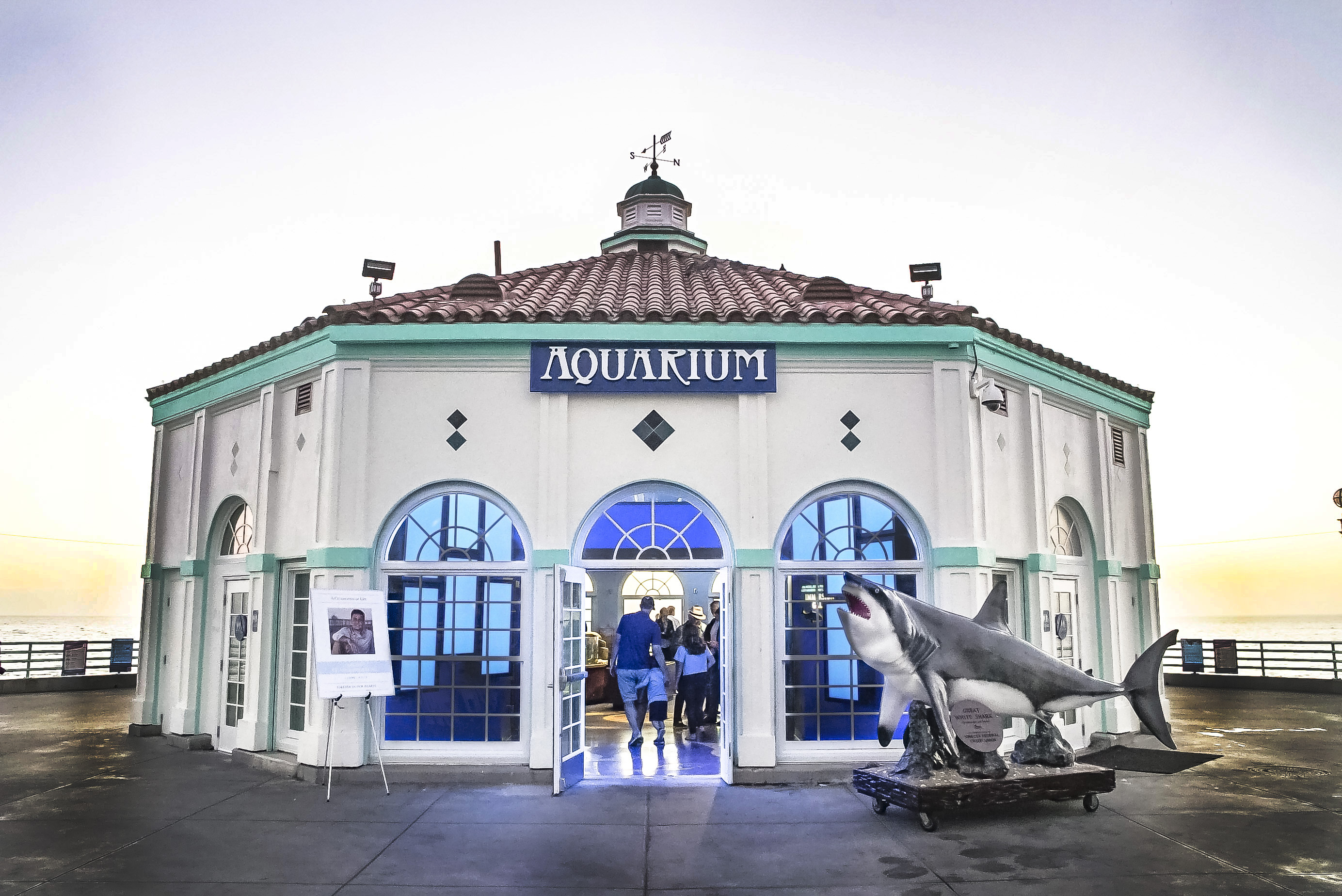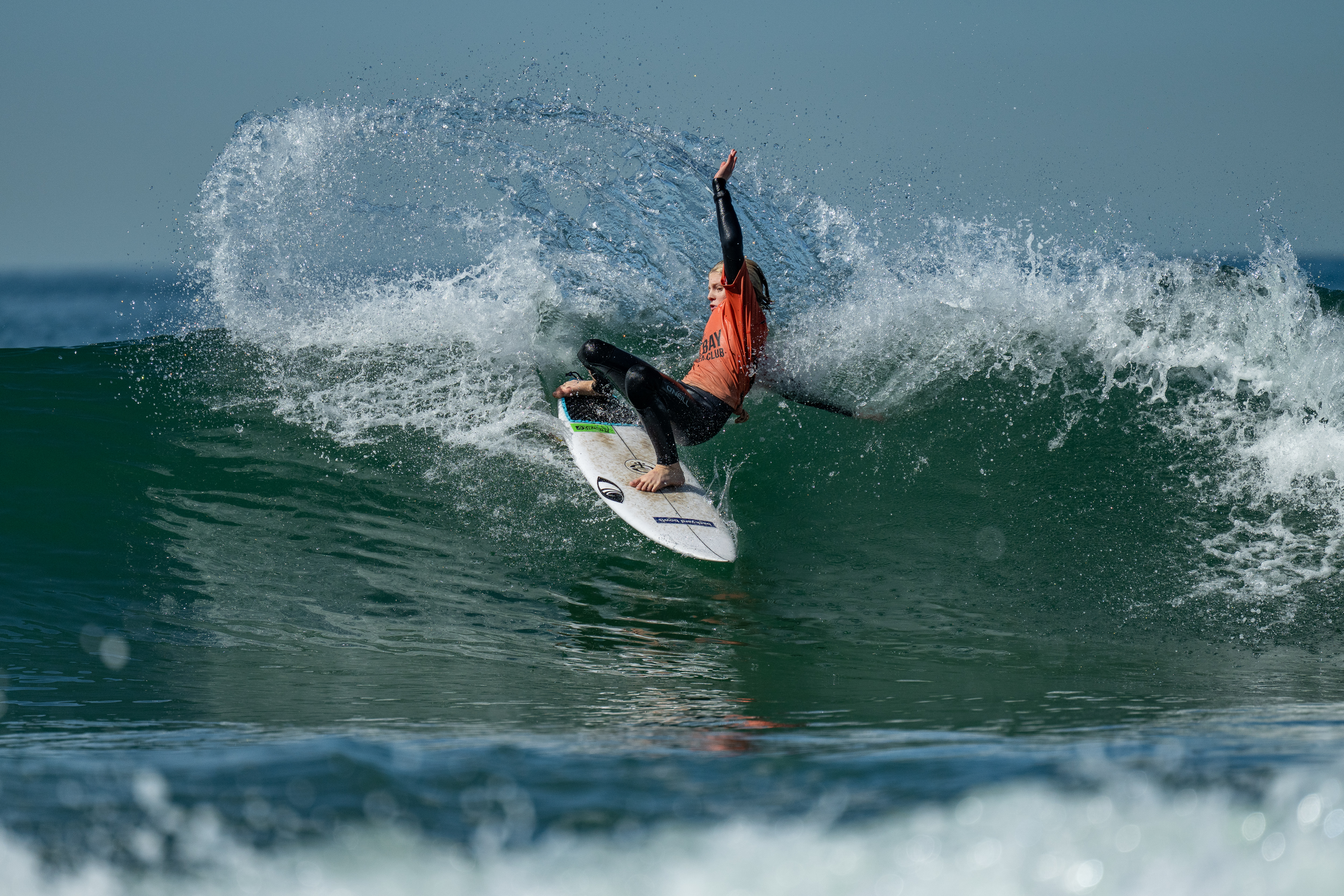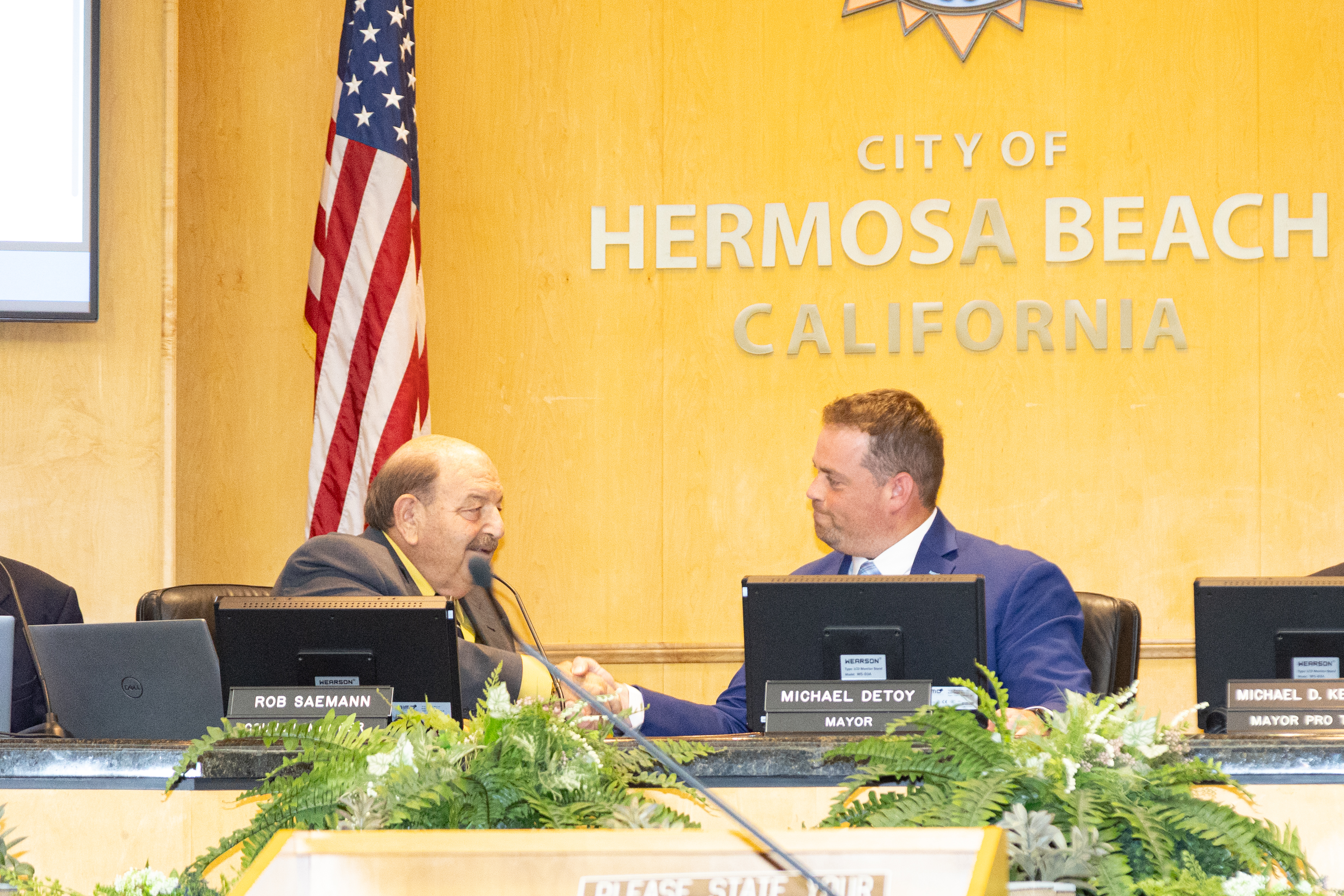Hermosa Beach voters will have the chance to vote on whether to raise the city’s hotel bed tax in November – setting up a battle between proponents and some local hotel operators who oppose the idea.
Local resident Marie Rice told the City Council Tuesday evening that two dozen activists were able to gath








